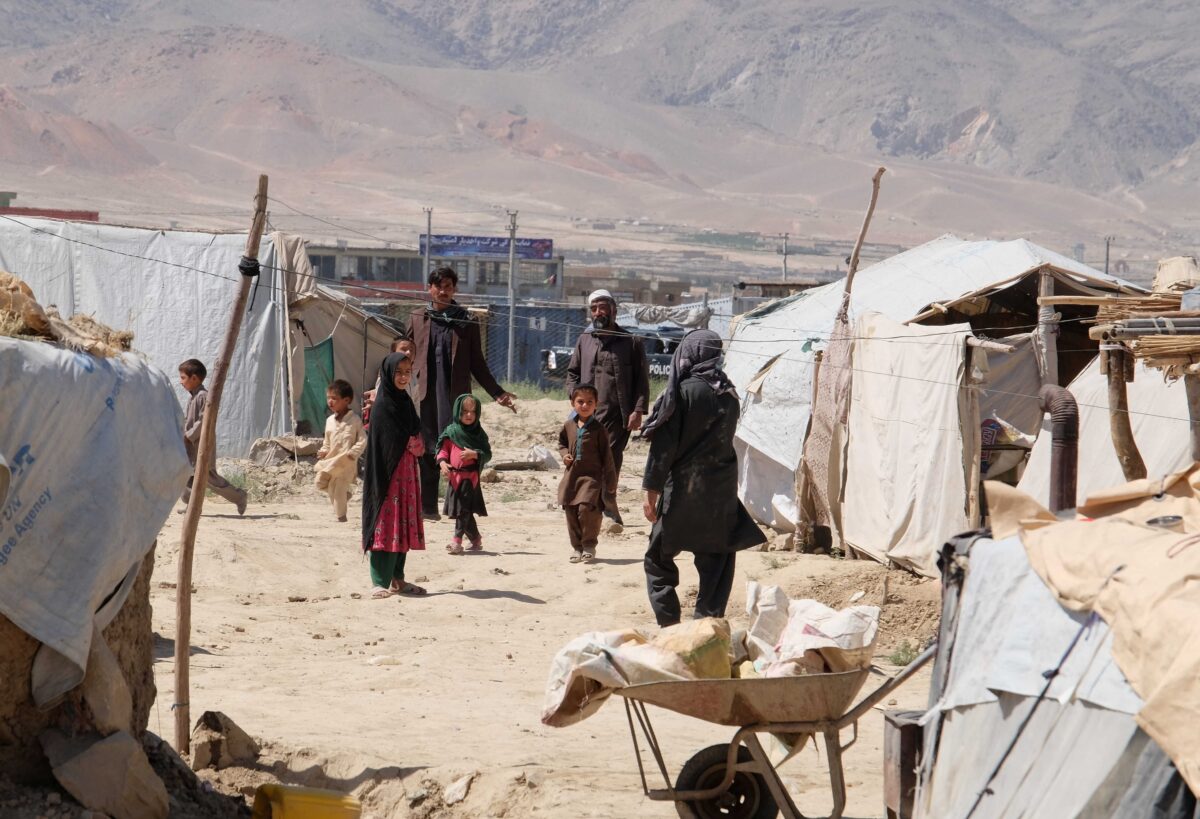UN special envoy on Afghanistan Deborah Lyons warned on Thursday that the freezing of billions of dollars in Afghan assets to keep them out of Taliban hands would inevitably spark “a severe economic downturn” and could push millions more Afghans into poverty and hunger.
Lyons said a way needed to be found to get money quickly flowing to the country “to prevent a total breakdown of the economy and social order” and with safeguards to ensure it is not misused by the Taliban.
Lyons told the UN Security Council that Afghanistan could be set “back for generations”.
“The economy must be allowed to breathe for a few more months, giving the Taliban a chance to demonstrate flexibility and a genuine will to do things differently this time, notably from a human rights, gender, and counter-terrorism perspective,” Lyons added.
Much of the Afghan central bank’s $10 billion in assets are parked overseas, where they are considered a key instrument for the west to pressure the Taliban. The US Treasury Department announced it is not easing Taliban sanctions or loosening curbs on the group’s access to the global financial system.
The International Monetary Fund has also blocked the Taliban from accessing some $440 million in new emergency reserves.
“The Taliban seeks international legitimacy and support. Our message is simple: any legitimacy and support will have to be earned,” senior US diplomat Jeffrey DeLaurentis told the Security Council.
Russia and China both argued for the release of Afghanistan’s frozen assets.
At the start of 2021 half of Afghanistan’s population – more than 18 million people – needed help. The UN Development Programme warned on Thursday that Afghanistan was facing universal poverty by the middle of next year.
The Taliban last month seized power 20 years after they were ousted by a US-led invasion for refusing to hand over Al-Qaeda leader Osama bin Laden in the wake of the September 11, 2001, attacks on the United States.
Afghanistan’s UN Ambassador Ghulam Isaczai, who was appointed by Washington-backed government ousted by the Taliban, urged the Security Council to “withhold any recognition of any government in Afghanistan unless it’s truly inclusive and formed on the basis of free will of the people.”
Source: Reuters
